Five years ago, we watched a man die under the knee of a police officer. The footage of George Floyd gasping for breath wasn’t just horrifying – it was galvanizing. For a brief moment, America stood still, and it felt like we all agreed: this was wrong. This shouldn’t have happened. And something needed to change.
But instead of coming together, we fell apart. What should’ve been a rare moment of national consensus turned into yet another front in the culture war. The left veered toward revolution, and the right veered toward denial. And somewhere in the wreckage of hashtags, riots, cable news rants, and billion-dollar DEI schemes, the real moral clarity of that moment was lost.
Let’s start with the obvious: what happened to George Floyd was a tragedy. You don’t need to support riots or kneel in a dashiki to admit that. It doesn’t make you woke. It makes you human. Derek Chauvin’s actions that day deserved scrutiny, trial, and ultimately justice. In April 2021, Chauvin was found guilty on all counts, including unintentional second-degree murder, third-degree murder and second-degree manslaughter – and was sentenced to 22.5 years in prison.
But instead of channeling that clarity into thoughtful reform, the progressive movement saw an opportunity—not just to protest, but to tear the system down.
“Defund the police” was their rallying cry. Not reform the police. Not retrain or reimagine. Defund. Dismantle. Abolish. In cities like Minneapolis, those weren’t fringe ideas – they became policy experiments. In December 2020, the Minneapolis City Council voted to shift nearly $8 million from the police department to other services, including violence prevention and mental health programs. Predictably, violence surged. In Washington, DC, for example, violent crime increased by 37 percent in 2023 compared to the previous year, while homicides surged by 25 percent.
And who paid the price? Not the white college kids spray-painting ACAB on Whole Foods. It was the working-class black families left without protection, watching crime climb and 911 response times crawl.
The problem wasn’t just bad policy. It was bad faith. The left treated law enforcement as a monolith of white supremacy – no nuance, no middle ground. If you wore a badge, you were the enemy. If you questioned the movement, you were a racist. That absolutism left no room for constructive dialogue. It also alienated millions of Americans who might have supported modest, common-sense reforms but refused to sign onto a moral panic masquerading as progress.
But let’s not let the right off the hook either.
Too many conservatives, instead of calling out injustice and offering their own solutions, defaulted to knee-jerk defensiveness. They focused on George Floyd’s criminal record rather than the clear misconduct in front of their eyes. They tried to paint Chauvin as a scapegoat, not a bad actor. The right had a golden opportunity to show that its support for law and order includes accountability and fairness – but instead, some doubled down on denialism.
And so the cycle hardened: the left pushed revolution, the right circled the wagons, and the middle ground collapsed. A moment that could’ve unified the country around real, bipartisan reform became another casualty of polarization.
As a black conservative, I reject both extremes. I believe in the rule of law and the need for police in our communities. I also believe that no institution is beyond scrutiny. You can support good policing and still condemn bad policing. You can be pro-law enforcement and pro-accountability. These are not contradictions – they are signs of a mature, moral society.
The conservative tradition I stand in – from Booker T. Washington to Thomas Sowell – has never sought to burn systems down. We build. We correct. We reform. The path forward was always reform, not revolution.
What does real reform look like? It looks like better training – not less funding. Since George Floyd’s 2020 murder, the Minneapolis Police Department has spent at least $2.5 million on training and recruitment. It looks like community policing – not identity politics. It looks like holding officers accountable when they fail, but defending them when they do the hard work of keeping our neighborhoods safe. And most of all, it looks like refusing to let any political movement turn black suffering into a branding campaign.
Because let’s be honest: the aftermath of George Floyd’s death became less about saving lives and more about scoring points. The Black Lives Matter Global Network Foundation received over $90 million in 2020 alone, but questions about financial transparency and spending have persisted. Corporations threw up BLM hashtags while cashing in. Nonprofits raked in millions while doing little for actual communities. Media outlets pushed narrative over nuance. And the people who needed change the most – those trapped in unsafe, under-resourced, and over-politicized neighborhoods – were left behind.
Justice should never be a branding exercise. It should be about truth, responsibility and reform that lasts longer than a news cycle.
George Floyd’s name didn’t need to become a myth or a movement. It should’ve been a marker – a wake-up call to fix what was broken without tearing down what works. But five years later, we’re further apart than ever. The moment passed. And the people lost.
If there’s any hope in the next five years, it’s in reclaiming the middle ground – where the loudest ideologues don’t get to speak for the rest of us. Where black voices aren’t forced to choose between burning cities or blind loyalty. Where real justice means safety, fairness and the courage to say: we can do better, together.
Because we could have. And we still can.



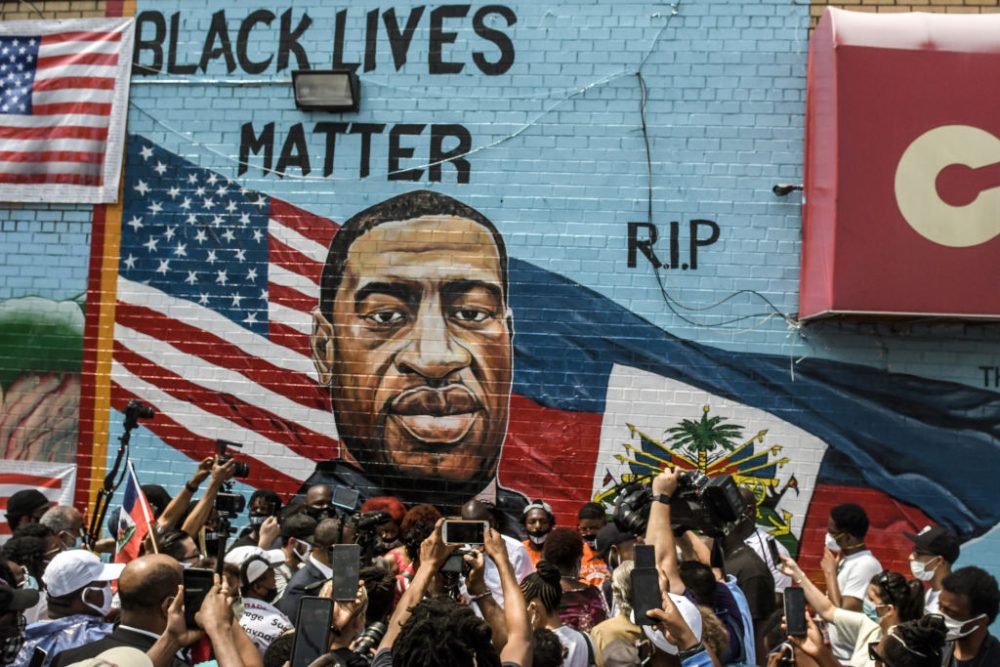








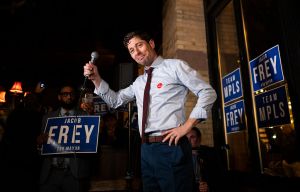

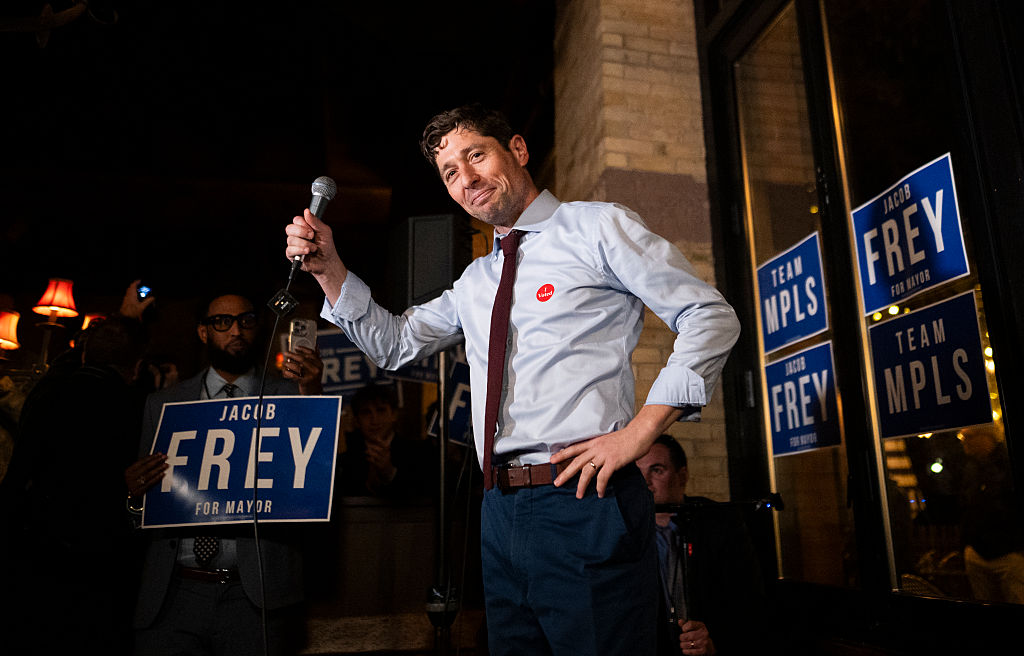
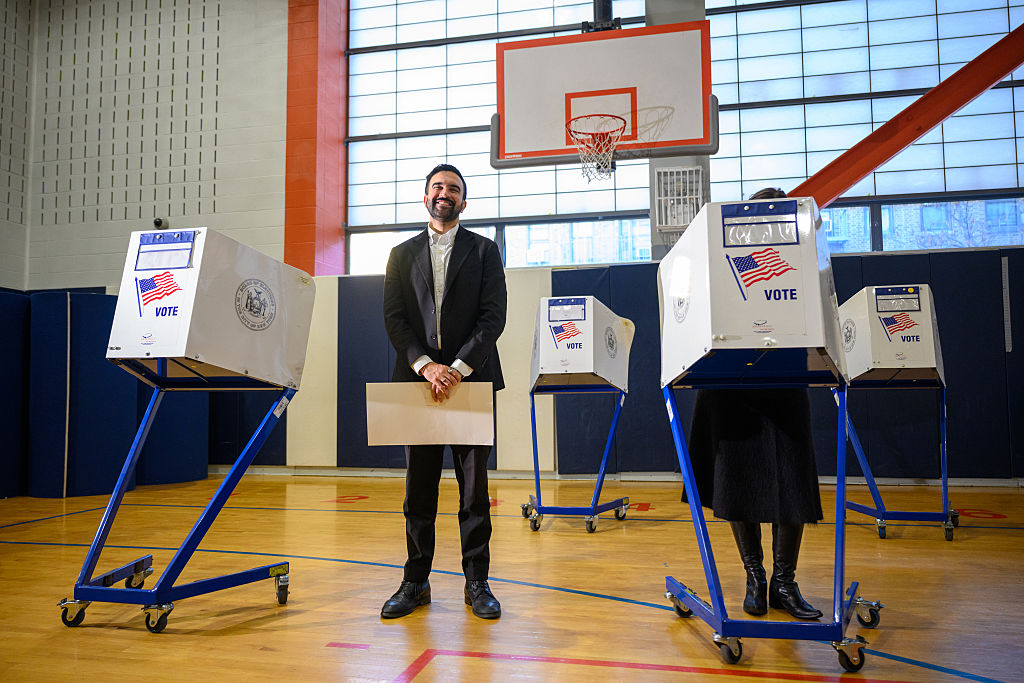
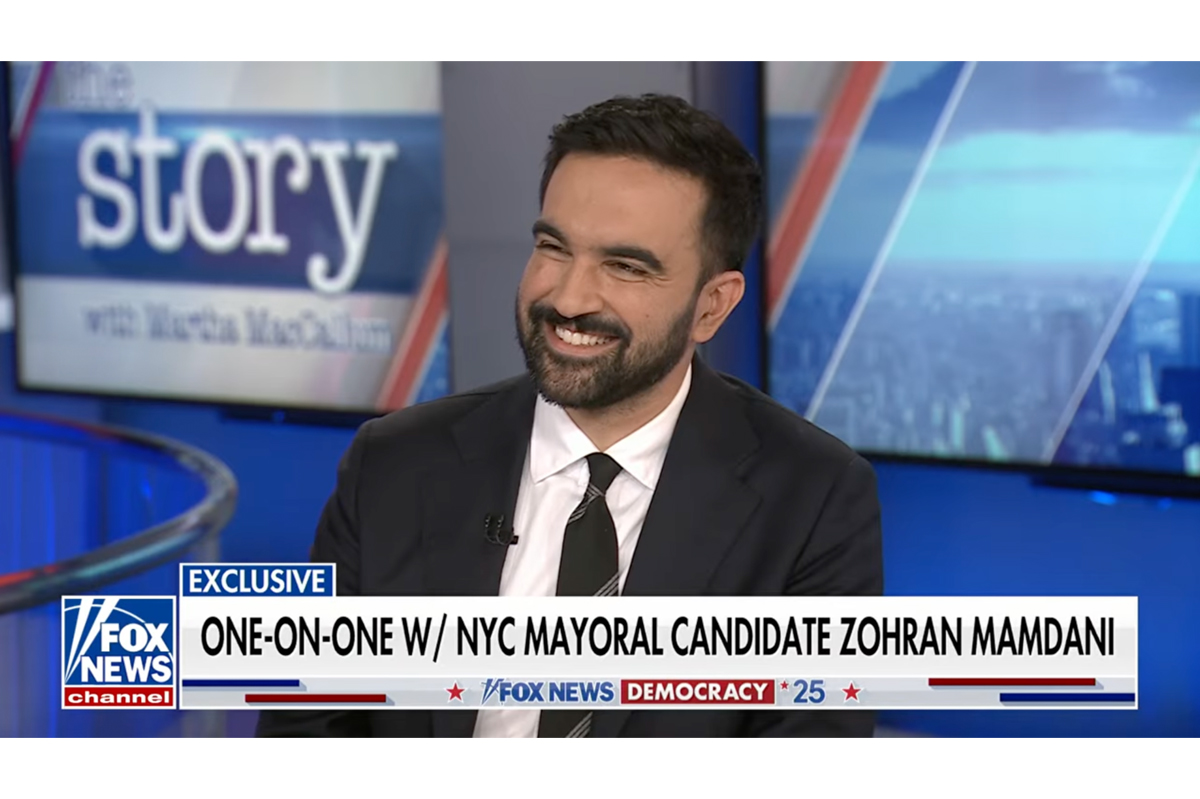









Leave a Reply